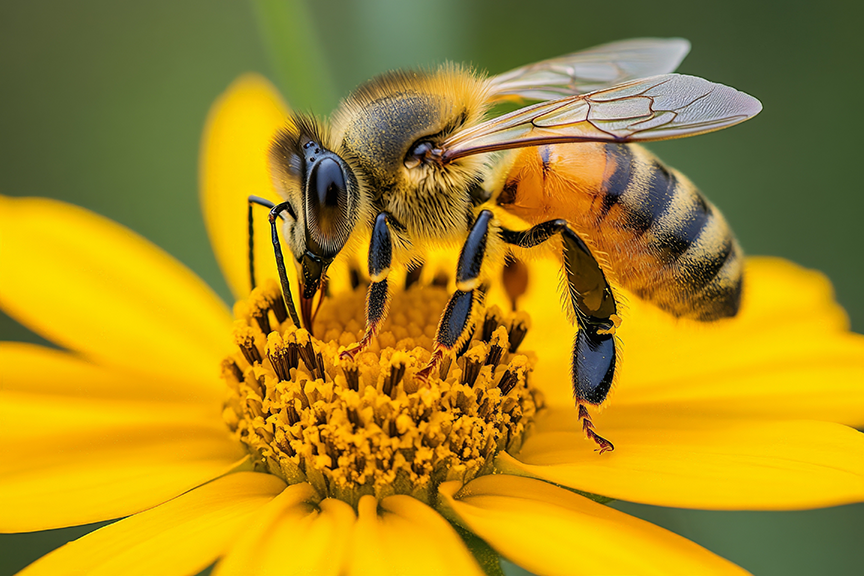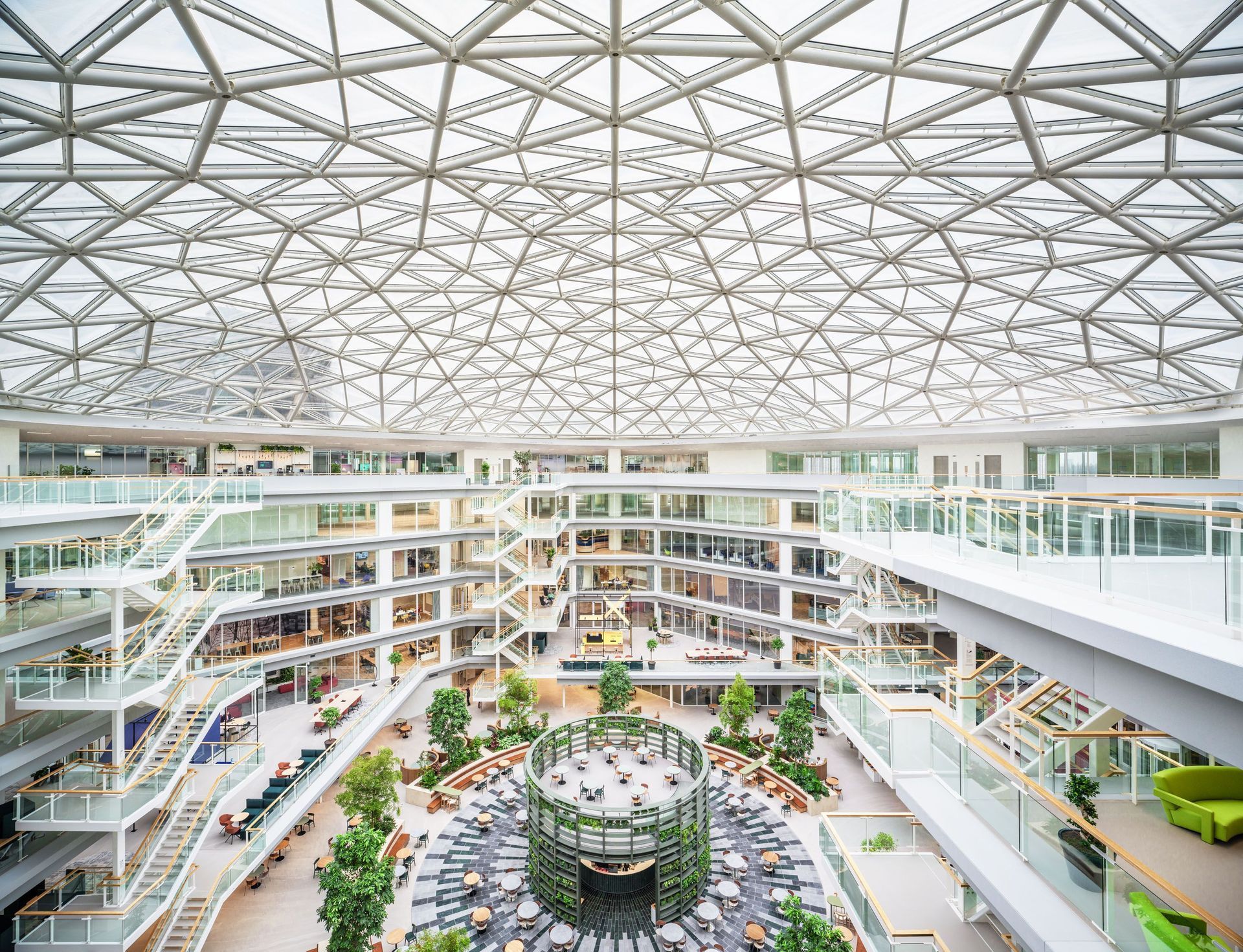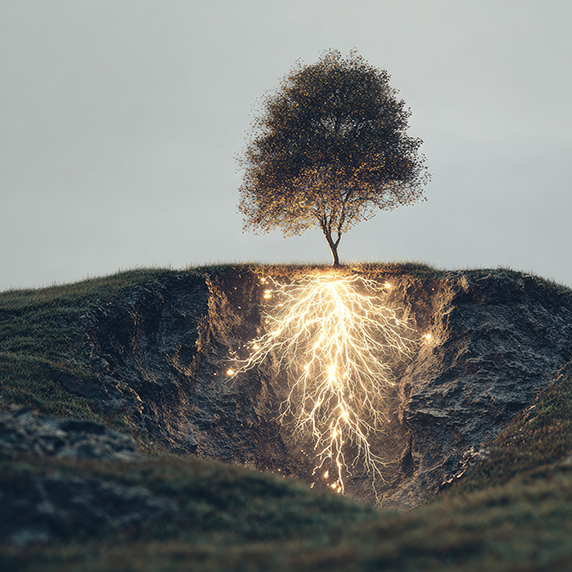Why Bees Are Essential to Human Wellbeing and the Planet’s Future
Bees, though small in size, play an outsized role in maintaining the health of our ecosystems

.........and the survival of humanity itself. These industrious insects are far more than just producers of honey; they are among nature’s most effective pollinators and serve as critical pillars of global biodiversity, agriculture, and food security. Their decline would not only disrupt the balance of nature but could also pose serious risks to human well-being and the future safety of our planet.
1. Pollination: The Foundation of Food Systems
Nearly 75% of the world’s food crops depend at least partially on pollination, and bees are responsible for the majority of that work. Fruits, vegetables, nuts, and seeds all require pollination to grow, and bees—particularly wild and honey bees—are among the most efficient and reliable pollinators.
Without bees, staples such as apples, almonds, avocados, blueberries, and even coffee would become scarce, more expensive, or disappear altogether. This would not only affect human nutrition — by reducing access to essential vitamins and minerals—but also put enormous stress on agricultural economies and global food distribution.
2. Biodiversity and Ecosystem Stability
Bees help maintain biodiversity by enabling the reproduction of a wide variety of plant species, many of which serve as the foundation of complex food webs. From flowering herbs in a meadow to trees in a tropical forest, these plants rely on bee pollination to thrive.
This, in turn, supports a diverse range of other life forms—birds, mammals, insects, and microorganisms—all of which are part of interconnected ecosystems. The decline of bees would set off a domino effect, leading to habitat loss, fewer resources for wildlife, and the collapse of ecological resilience.
3. Economic Contributions
The economic value of pollination services provided by bees is estimated to be in the hundreds of billions of dollars globally. Crops pollinated by bees are often higher in quality and quantity, leading to increased yields and greater profit margins for farmers.
In addition, the honey and beeswax industries provide livelihoods for millions of people around the world. Smallholder farmers, especially in developing countries, rely on beekeeping not just as a source of income but also as a means of enhancing local crop productivity.
4. Climate Regulation and Carbon Sequestration
Bees indirectly support climate regulation through their role in sustaining plant life. Healthy pollination leads to robust forests and grasslands, which in turn absorb carbon dioxide from the atmosphere. Plants also regulate temperature, manage water cycles, and prevent soil erosion - all vital processes for climate stability.
As the climate crisis intensifies, protecting and restoring bee populations becomes a critical tool in combating ecosystem degradation and promoting carbon sequestration.
5. A Warning Sign from Nature
The global decline in bee populations is a red flag. Colony Collapse Disorder, habitat loss, pesticide exposure, disease, and climate change are driving alarming reductions in both wild and managed bee colonies.
This trend is not just a crisis for bees—it’s a warning to humanity. When keystone species like bees suffer, it signals deeper imbalances in the natural world. Ignoring their decline could lead to cascading failures across environmental and agricultural systems.
What Can Be Done?
Protecting bees requires concerted action from individuals, communities, governments, and industries:
- Limit pesticide use and ban harmful chemicals like neonicotinoids.
- Support organic and regenerative farming practices that prioritise biodiversity.
- Plant pollinator-friendly gardens with native flowers and avoid monocultures.
- Protect wild bee habitats, including meadows, forests, and wetlands.
- Support local beekeepers and sustainable honey producers.
- Promote climate action, as rising temperatures and extreme weather disrupt bee behaviour and survival.
Guardians of the Earth
Bees are far more than background characters in nature—they are the guardians of global ecosystems, catalysts of biodiversity, and allies in the fight against climate change. Our well-being is inextricably linked to theirs. By protecting bees, we are investing in a safer, healthier, and more sustainable future for the planet and all its inhabitants.
If you hear the buzz its call to action










